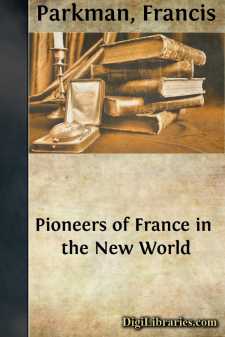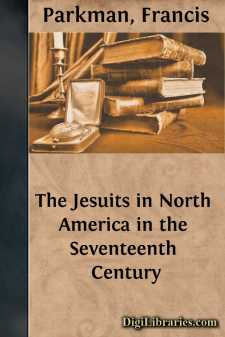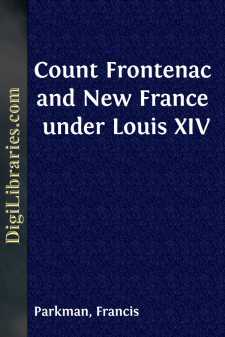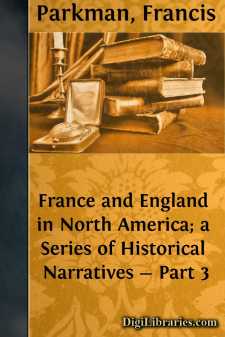Categories
- Antiques & Collectibles 13
- Architecture 36
- Art 48
- Bibles 22
- Biography & Autobiography 813
- Body, Mind & Spirit 142
- Business & Economics 28
- Children's Books 17
- Children's Fiction 14
- Computers 4
- Cooking 94
- Crafts & Hobbies 4
- Drama 346
- Education 46
- Family & Relationships 57
- Fiction 11829
- Games 19
- Gardening 17
- Health & Fitness 34
- History 1377
- House & Home 1
- Humor 147
- Juvenile Fiction 1873
- Juvenile Nonfiction 202
- Language Arts & Disciplines 88
- Law 16
- Literary Collections 686
- Literary Criticism 179
- Mathematics 13
- Medical 41
- Music 40
- Nature 179
- Non-Classifiable 1768
- Performing Arts 7
- Periodicals 1453
- Philosophy 64
- Photography 2
- Poetry 896
- Political Science 203
- Psychology 42
- Reference 154
- Religion 513
- Science 126
- Self-Help 84
- Social Science 81
- Sports & Recreation 34
- Study Aids 3
- Technology & Engineering 59
- Transportation 23
- Travel 463
- True Crime 29
Pioneers of France in the New World
by: Francis Parkman
Description:
Excerpt
INTRODUCTION.
The springs of American civilization, unlike those of the elder world, lie revealed in the clear light of History. In appearance they are feeble; in reality, copious and full of force. Acting at the sources of life, instruments otherwise weak become mighty for good and evil, and men, lost elsewhere in the crowd, stand forth as agents of Destiny. In their toils, their sufferings, their conflicts, momentous questions were at stake, and issues vital to the future world,—the prevalence of races, the triumph of principles, health or disease, a blessing or a curse. On the obscure strife where men died by tens or by scores hung questions of as deep import for posterity as on those mighty contests of national adolescence where carnage is reckoned by thousands.
The subject to which the proposed series will be devoted is that of "France in the New World,"—the attempt of Feudalism, Monarchy, and Rome to master a continent where, at this hour, half a million of bayonets are vindicating the ascendency of a regulated freedom;—Feudalism still strong in life, though enveloped and overborne by new-born Centralization; Monarchy in the flush of triumphant power; Rome, nerved by disaster, springing with renewed vitality from ashes and corruption, and ranging the earth to reconquer abroad what she had lost at home. These banded powers, pushing into the wilderness their indomitable soldiers and devoted priests, unveiled the secrets of the barbarous continent, pierced the forests, traced and mapped out the streams, planted their emblems, built their forts, and claimed all as their own. New France was all head. Under king, noble, and Jesuit, the lank, lean body would not thrive. Even commerce wore the sword, decked itself with badges of nobility, aspired to forest seigniories and hordes of savage retainers.
Along the borders of the sea an adverse power was strengthening and widening, with slow but steadfast growth, full of blood and muscle,—a body without a head. Each had its strength, each its weakness, each its own modes of vigorous life: but the one was fruitful, the other barren; the one instinct with hope, the other darkening with shadows of despair.
By name, local position, and character, one of these communities of freemen stands forth as the most conspicuous representative of this antagonism,—Liberty and Absolutism, New England and New France. The one was the offspring of a triumphant government; the other, of an oppressed and fugitive people: the one, an unflinching champion of the Roman Catholic reaction; the other, a vanguard of the Reform. Each followed its natural laws of growth, and each came to its natural result. Vitalized by the principles of its foundation, the Puritan commonwealth grew apace. New England was preeminently the land of material progress. Here the prize was within every man's reach: patient industry need never doubt its reward; nay, in defiance of the four Gospels, assiduity in pursuit of gain was promoted to the rank of a duty, and thrift and godliness were linked in equivocal wedlock....







